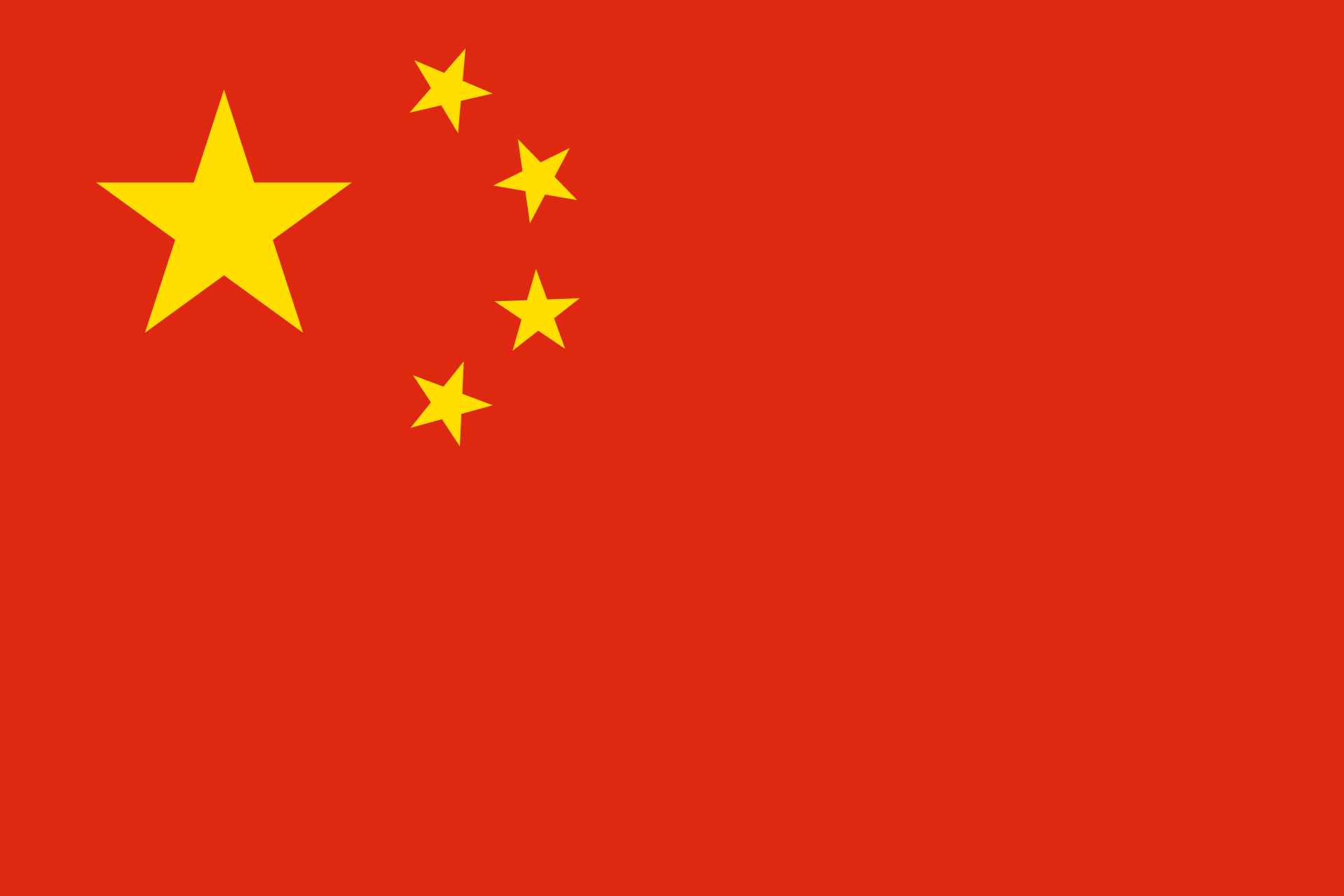Centre iranien de recherche sur la Route de la Soie (IRCSR), Université Shahid Beheshti, Téhéran
The Shahid Beheshti University of Tehran, Iran has established the Iranian Research Center on the Silk Roads. The Center is a scientific and academic institution, and a unique academic research center in Iran to focus on the Silk Roads.




